Amazon Prime’s docuseries Rainbow Rishta has been hailed by critics and audiences as one of the most important and exciting series premiered on the platform in 2023. The docuseries tells six heartwarming stories of individuals who belong to the LGBTQIA+ community from different parts of India.
Eastern Eye recently spoke to director Jaydeep Sarkar and talked to him about the overwhelming response the docuseries has garnered, what motivated him to work on the project, his coming-out journey, and much more. He also spoke about how disheartening it was when the Supreme Court of India pronounced its judgment against marriage equality in the country in October this year.
How does it feel to receive such overwhelming response for your docuseries Rainbow Rishta?
Well, to be very honest, it’s unprecedented. I didn’t expect the way it would move people, the kind of people it would touch. Whether it’s a group of underground queer men in Uganda who are accessing the show through VPN or it’s parents of queer folks from various corners of the country writing in, I feel the show is reaching the right people and it’s very moving to see that. I think what’s more satisfying is the hope it’s giving people and the joy it’s spreading around.
Is there any particular message someone sent you after watching the series that touched you?
Yes, my partner’s aunt who lives in Jamshedpur. She is 70 and she sent a long message after seeing the first three episodes. Of course, she was moved but then she asked what can we do and how do we change this injustice of society and the injustice of history. It’s not just empty, hollow praises, but it’s also about taking action and seeing where we could start or where everyone can participate in a way of making the world more joyful, more loving, and more beautiful. That message stuck with me.
What motivated you to work on this project?
I have been closeted for most of my life. I never really had a sense of community where I could explore my queer self, my queer life and be able to draw from experiences of other kindred souls to live an authentic life. So, I wanted to make a show I wish I had seen when I was a teenager struggling inside the closet. The narratives that we see around are mostly of queer people seen as victims or villains or comic tropes and it’s deeply disturbing for someone young and queer. So, I wanted to make a show that captured our triumphs, queer joy, and everything beautiful about being queer.
Please tell us something about your coming out journey.
My coming out journey, I think, is continuing. I came out to my parents at 33 and I could only find the courage to do so once I met my life partner, Rajat. My mom would always tell me, ‘I don’t know what’s going to happen to you after us and why don’t you get married.’ I couldn’t bring myself to tell her that I was gay because I felt that she wouldn’t understand it, but then when I found someone, I had an answer that you know, I have someone in my life who will love me and take care of me.
Do you have any advice for the Indian LGBTQIA+ community?
I don’t have any advice, but I can share my life experiences and if anyone finds any connection or certain resonance with that, it’s great. Of late, I have been able to turn everything that has been a cause of shame for me for most of my life into my badge of honour and adorn an ornament that I wear, and it has given me a sense of power. Everything that makes us feel guilty and ashamed of who we are is sexuality and gender identities as told by the world and we feel guilty about not fitting into those boxes. In reality, everything that makes us feel guilty is our superpower. If we start and find the courage to wear that on our sleeves and let that define us, we can be far more joyous and authentic versions of ourselves.
How disheartening was it when the Supreme Court of India pronounced its judgment against marriage equality in the country?
It was very demeaning; I was very depressed. For those two days, I couldn’t get out of bed. It shook me up to my core but one thing that I realised is that we cannot wait for charity; the fight has to go on because we are a very robust, joyful, community that has contributed to Indian society in so many amazing ways and the world is a better place with our talents, our joys, our loves, our hopes, our dreams, our desires. Marriage equality is our right and, yes, I think I have been able to channel the disappointment I felt into my motivation to now make better, bigger strides in making sure that queer people are recognised and given their due.
Do you think that a lot of Indian films made in the past did injustice to the queer community by caricaturing them on the screen?
Of course, I mean the kind of representation that we grew up with was appalling and it was fodder for people who were bullying. While there is a lot of representation currently, we haven’t been able to train the lens on queer stories, love stories, and lives. From a humanizing point of view, it still feels like we are seen as victims, and villains and that is deeply problematic. If you are including queer characters in your narratives, be a little responsible and represent us beyond our trauma and tragedy, see us for our joy and celebrate the victories of the people around us, and don’t write our characters with pity and pathos and use us to evoke humour because that is really and truly tragic and it shows very depraved mentality on the part of the filmmakers.
How has the streaming space changed this landscape, according to you?
I think the streaming space has given a platform for a lot of queer stories to find their space and I am glad to be living and working in these times where our stories are considered important and valid. But at the same time, I don’t think that a lot of the makers are representing queer stories responsibly and that’s deeply problematic. So, while the OTT platforms are creating opportunities for queer stories to be told, in many cases the makers are letting us down. It’s a golden chance where we are able to tell our stories and the OTT platforms are supporting our films, supporting us. I don’t think we should waste this opportunity away and hope that queer narratives evolve much faster.
What are your thoughts on straight people playing queer characters?
Well, I think queer people should be able to play straight characters and the day that happens in ample amount, the question of your sexuality and identity won’t come in when you are selected to play a part. We are very far from that. So so many queer people are afraid to come out because of the prejudices they may be faced with. So, let’s create first a world where we can have queer actors play straight roles and then the victims speak about non-straight actors playing queer characters. But that’s said, if a straight person is playing a queer character and if they are putting in the homework and there is enough representation in the crew and if that actor is going to work on a story that is going to be empathetic and true and respectful to the queer experience, then I don’t think that is necessarily a bad thing.
What are your favourite movies featuring queer characters?
My Brother Nikhil by Onir, Loev by Sudhansu Saria and Badhaai Do by Harshvardhan Kulkarni. These are the three that I like in India. Internationally I like a lot of Xavier Dolan’s films. I liked Andrew Hay’s A Weekend.



















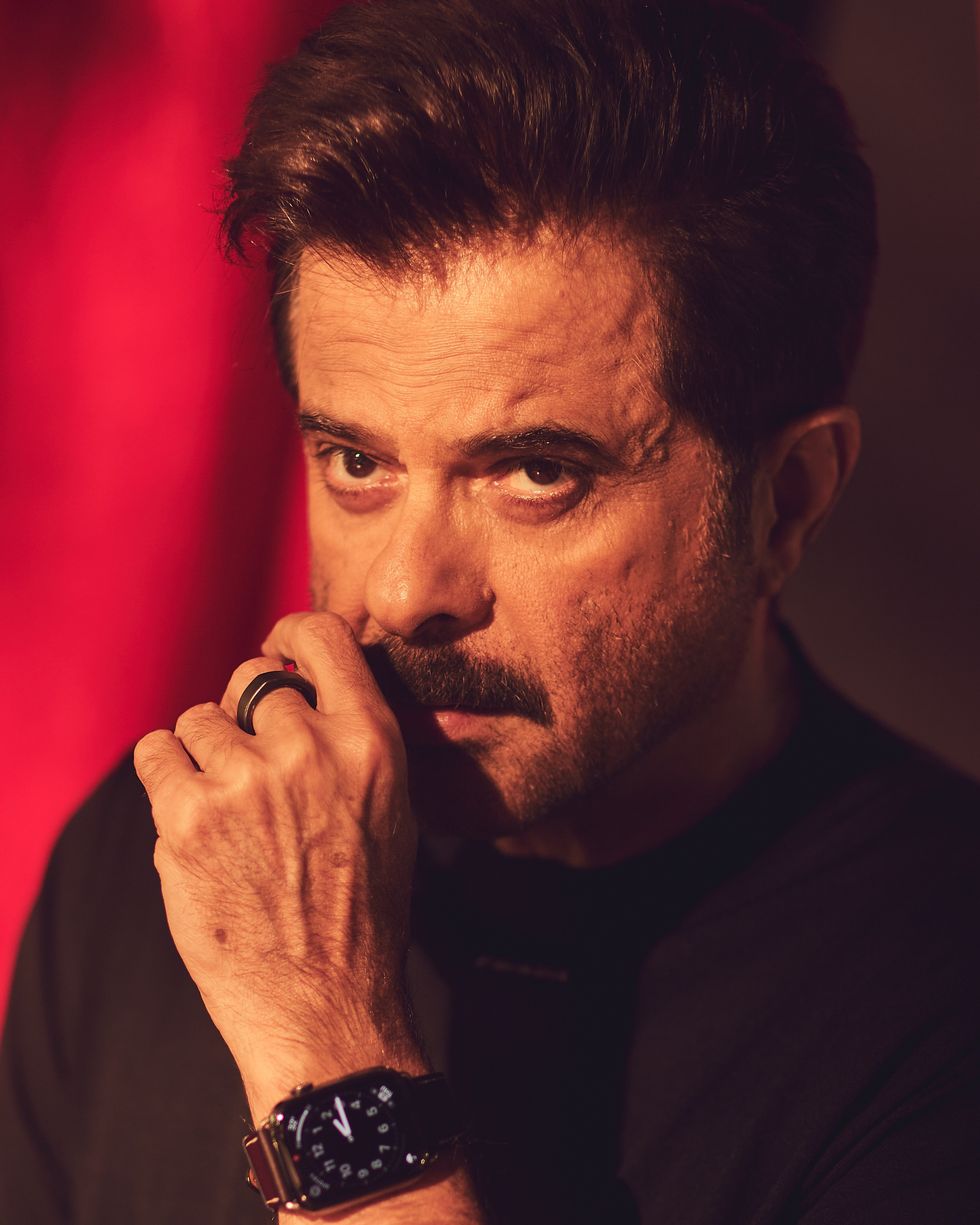 Anil Kapoor
Anil Kapoor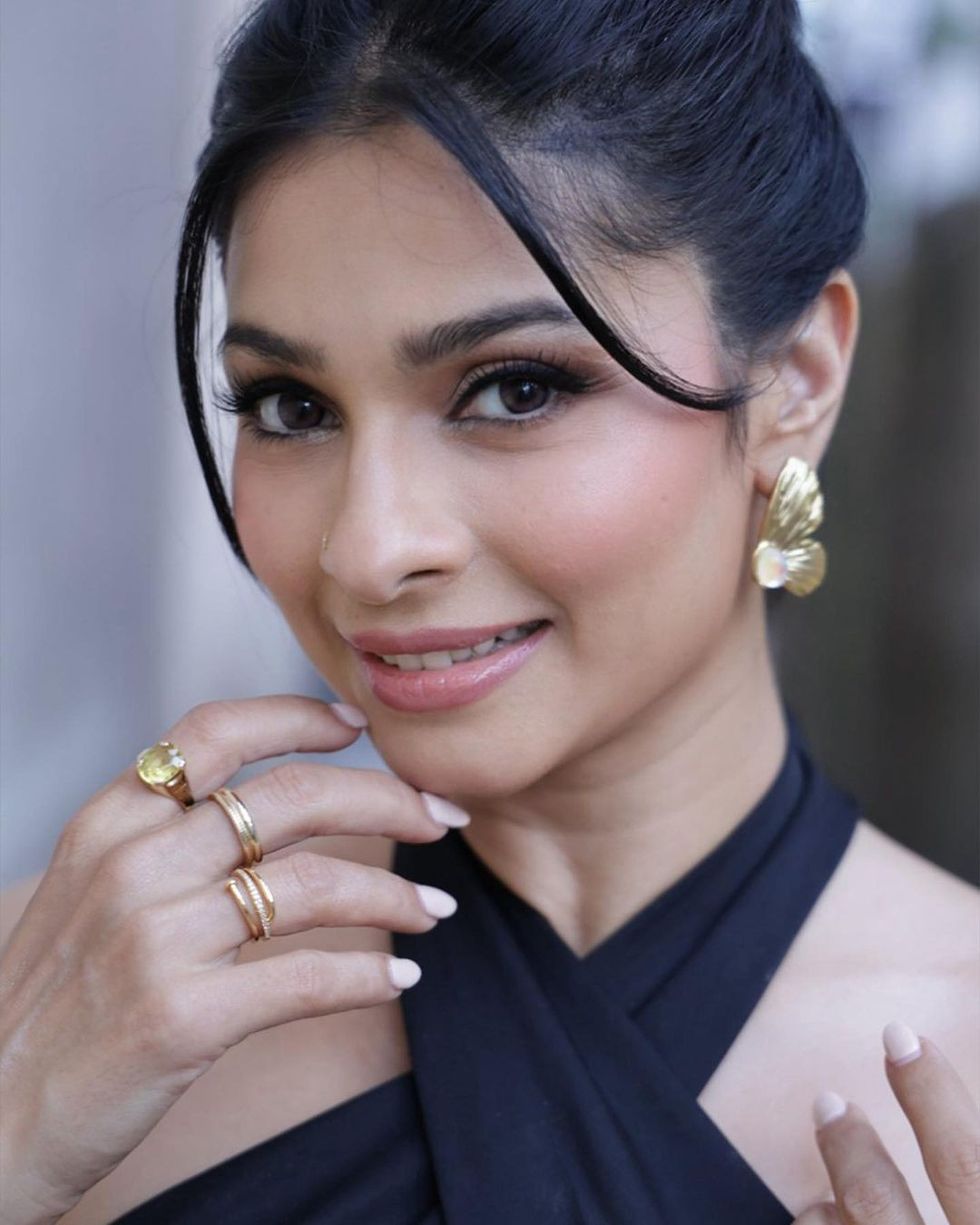 Tanisha Mukerji
Tanisha Mukerji 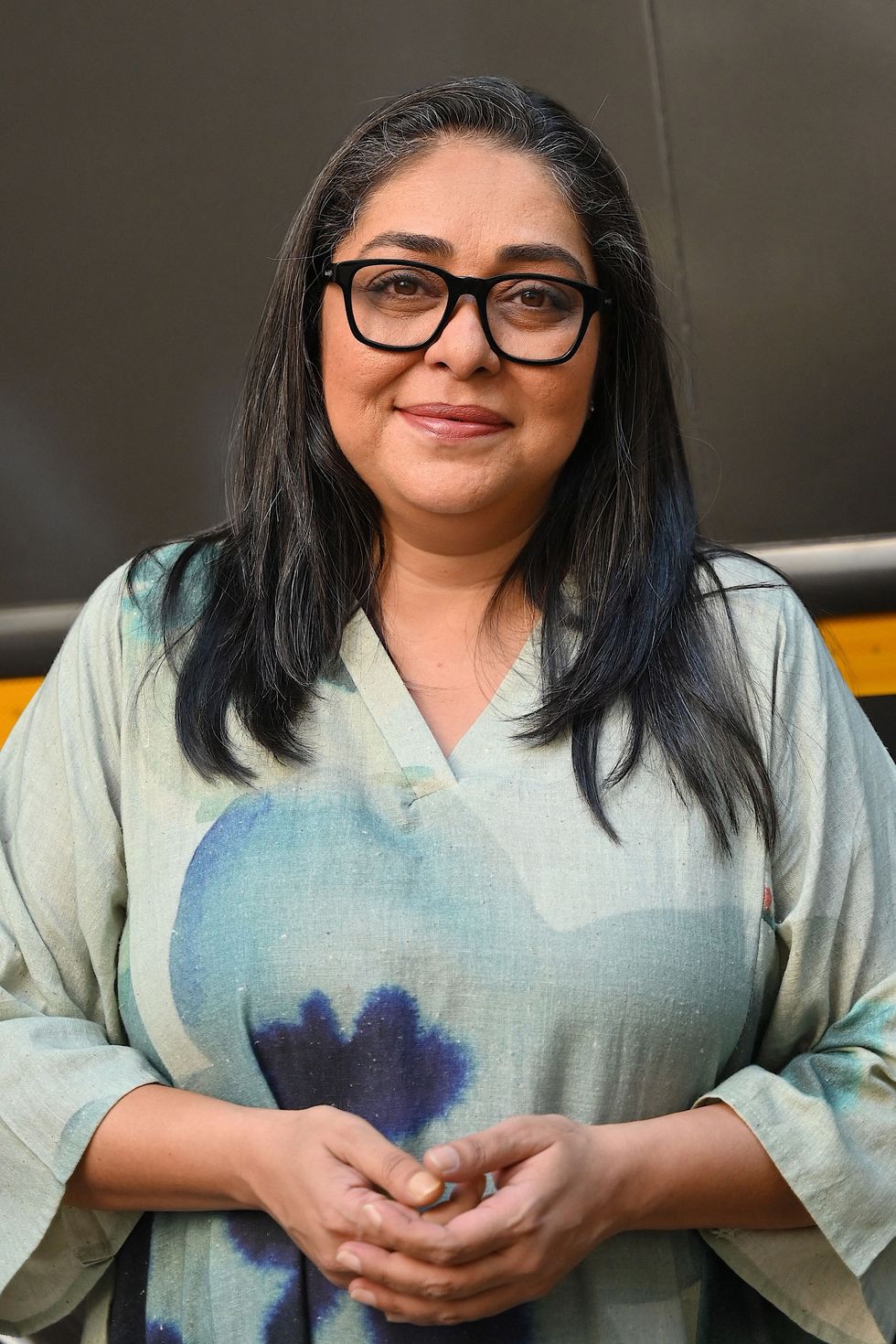 Meghna Gulzar
Meghna Gulzar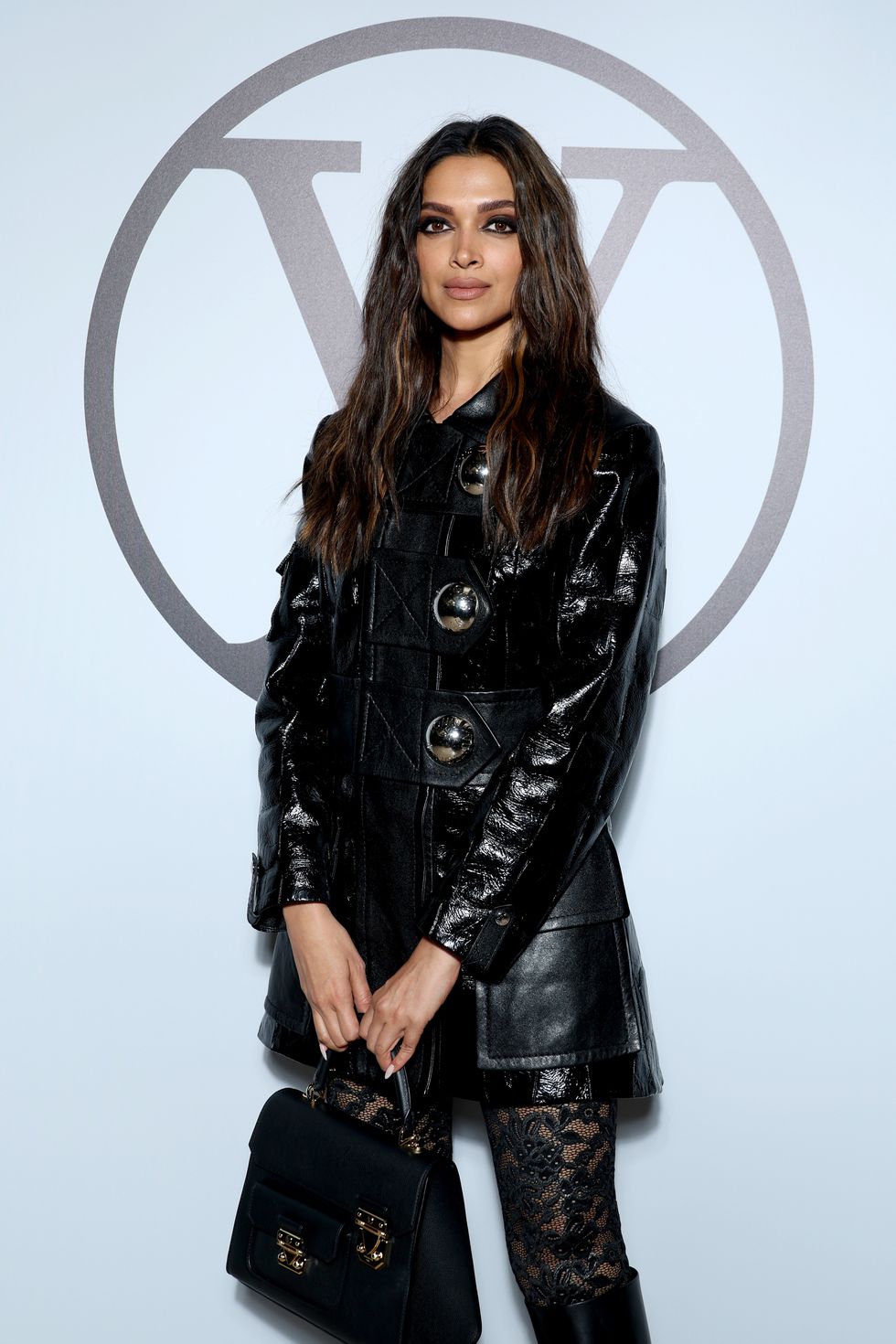 Deepika Padukone
Deepika Padukone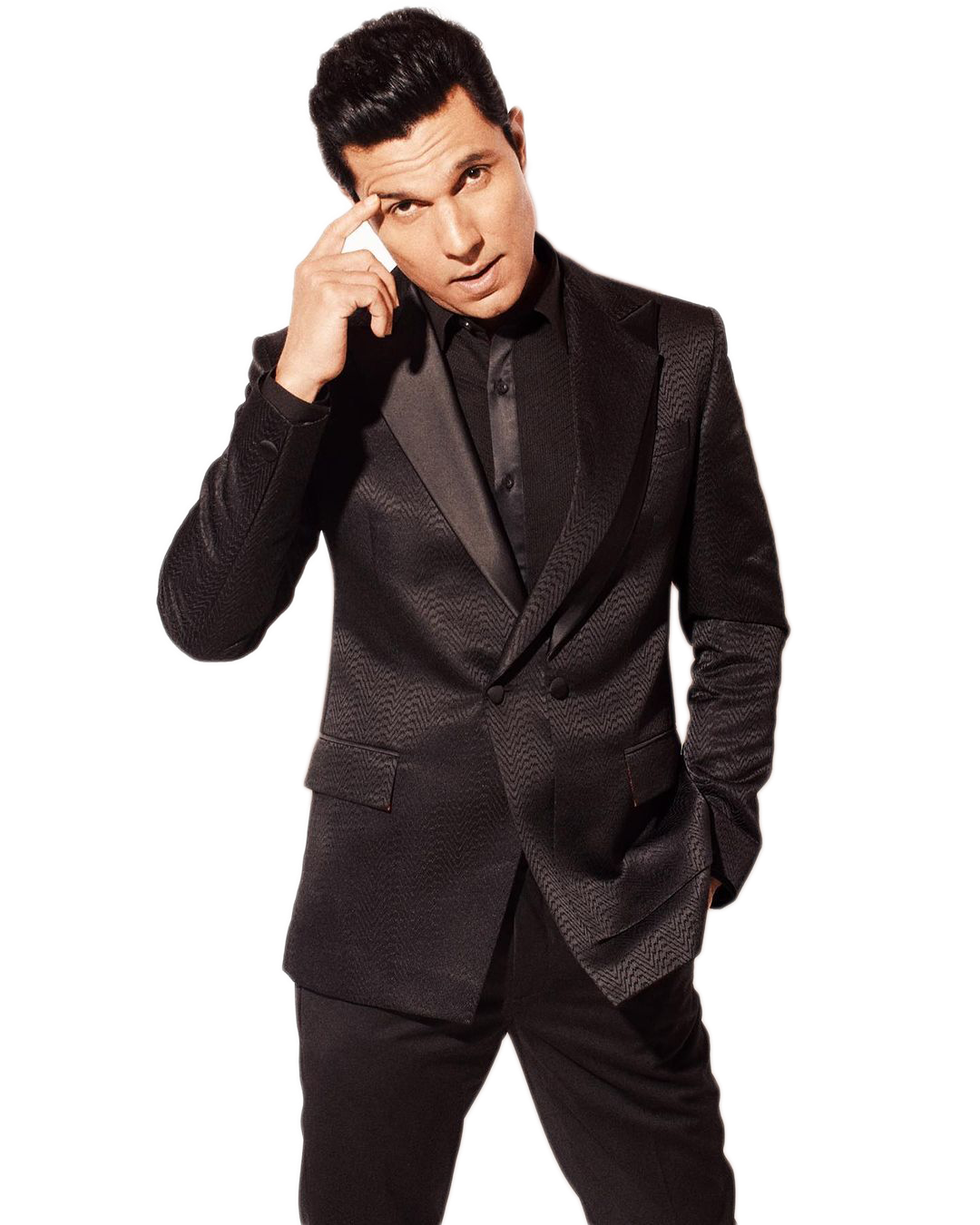 Randeep Hooda
Randeep Hooda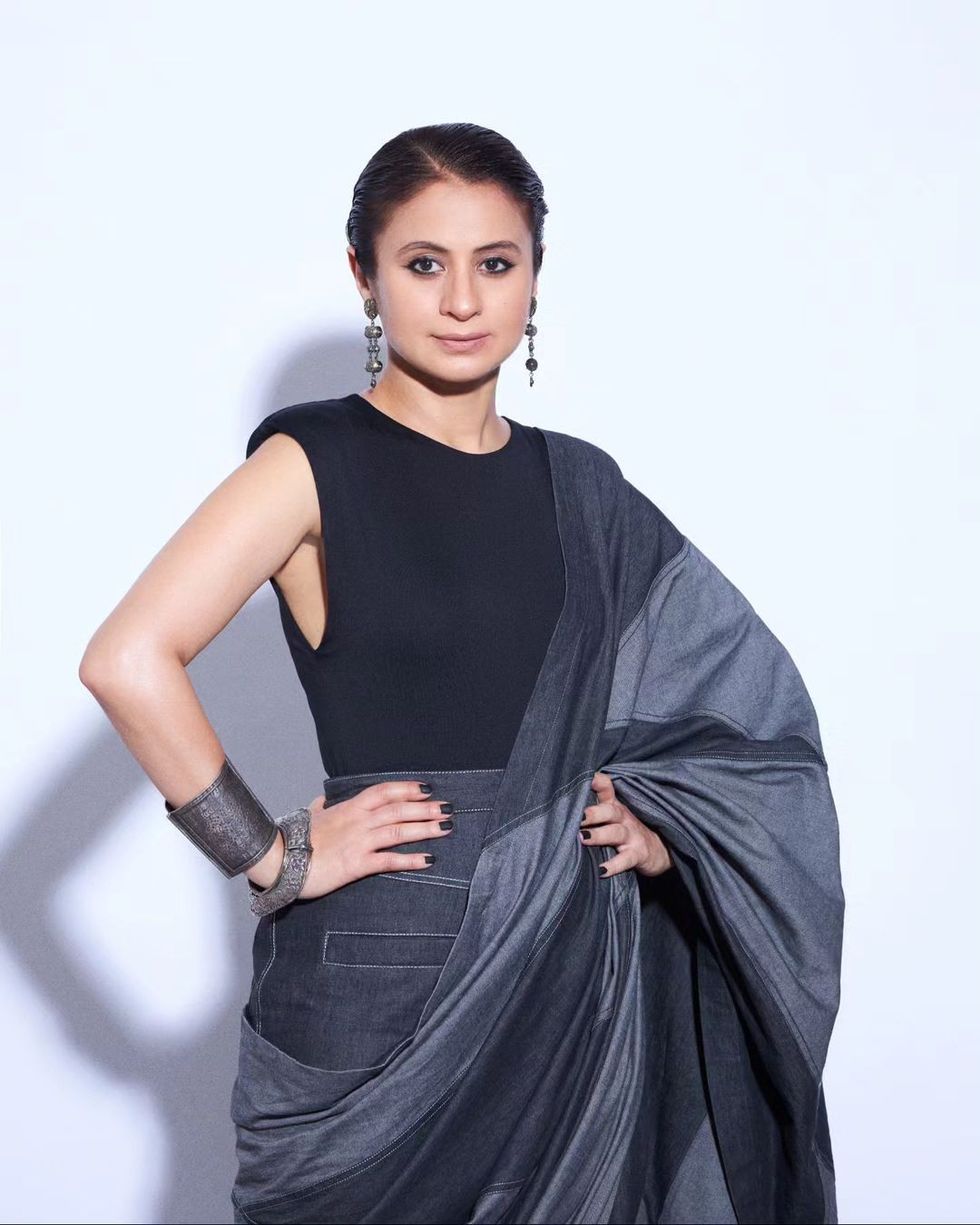 Rasika Duga
Rasika Duga Shah Rukh Khan
Shah Rukh Khan Pankaj Tripathi
Pankaj Tripathi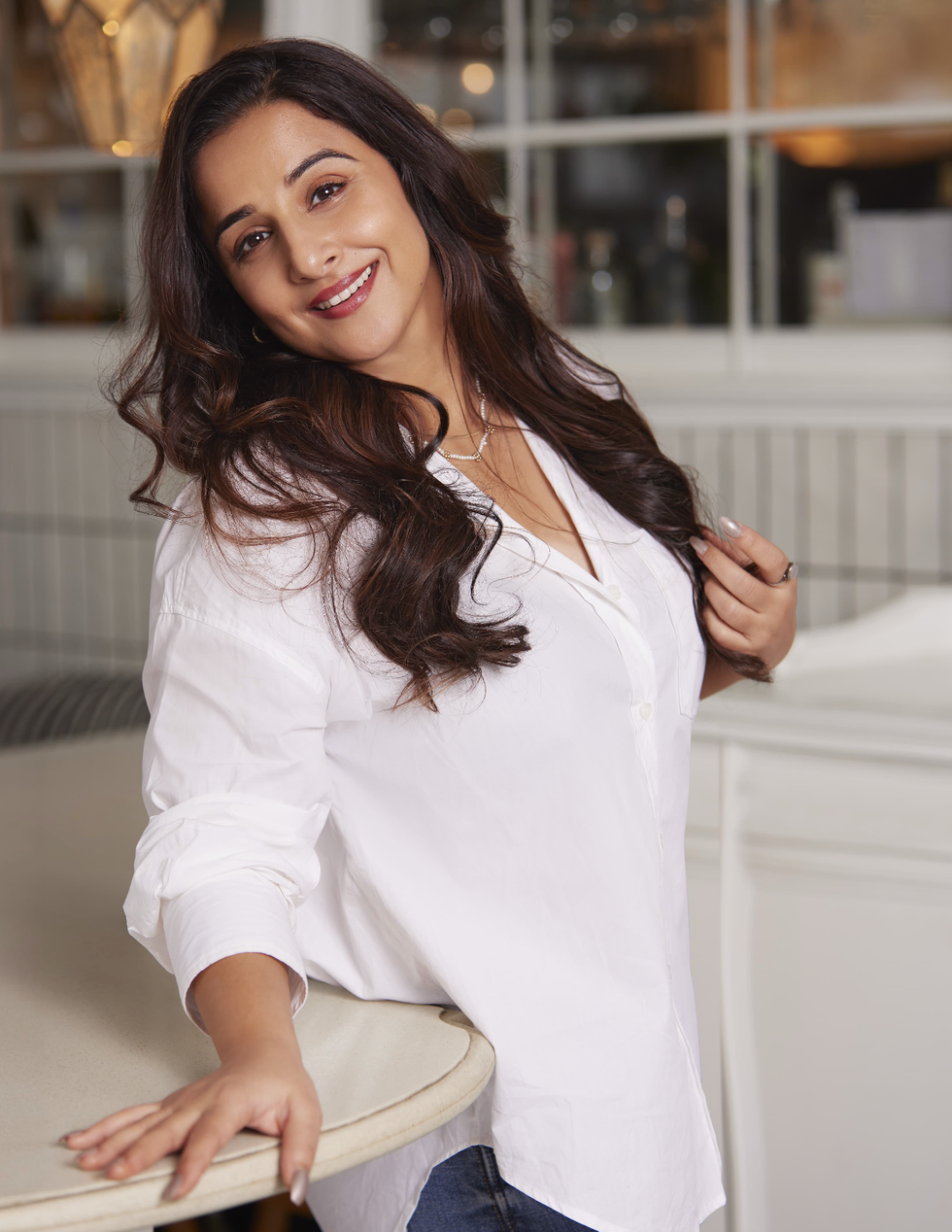 Vidya Balan
Vidya Balan  Kartik Aaryan
Kartik Aaryan Parineeti Chopra
Parineeti Chopra Manoj Bajpayee
Manoj Bajpayee Akshay Kumar
Akshay Kumar 

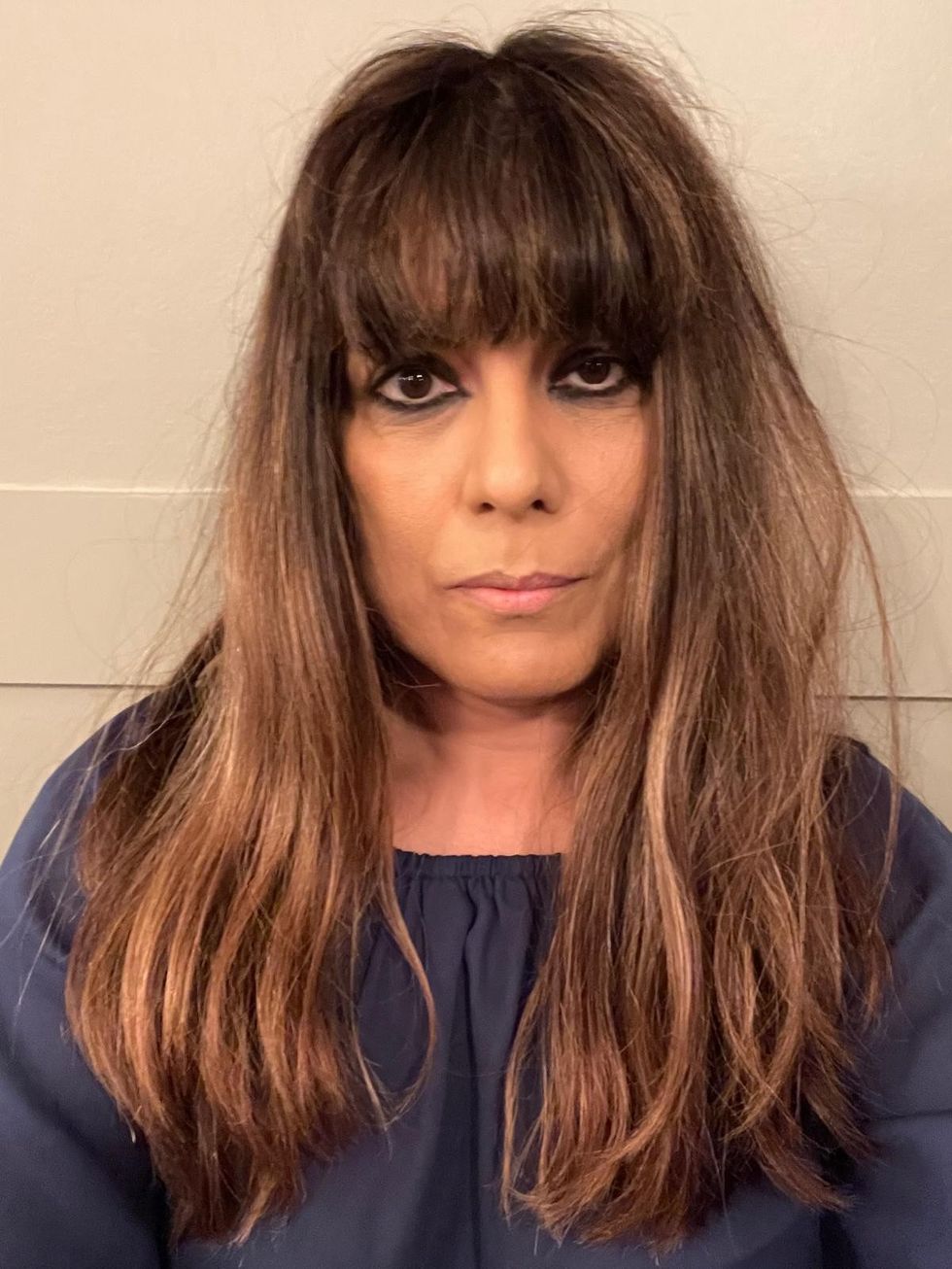 Writer-director Aysha Rafaele
Writer-director Aysha Rafaele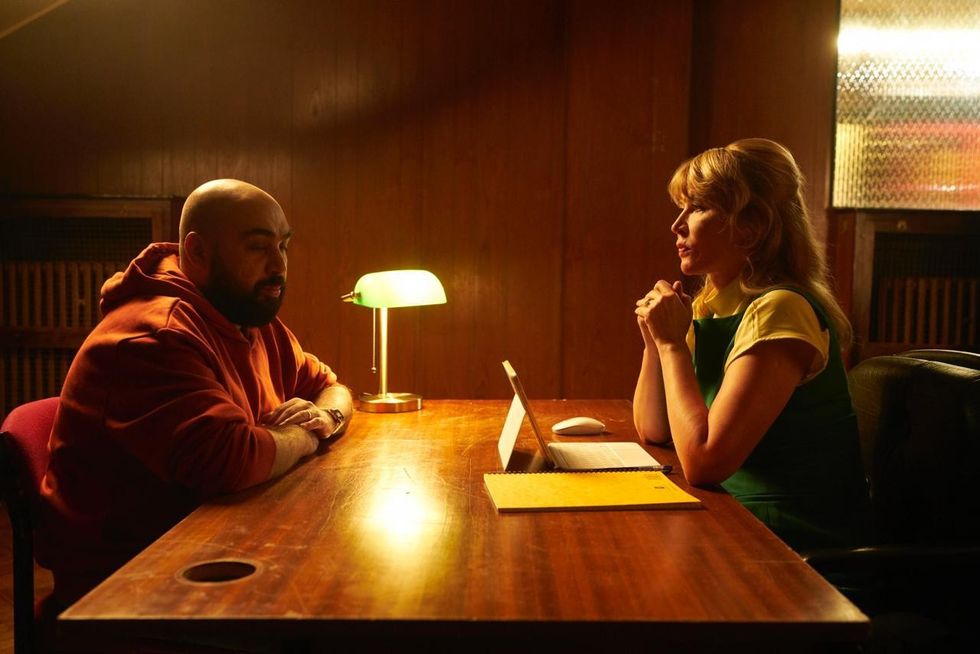 Julia Davis appears as Shakil's doctor
Julia Davis appears as Shakil's doctor